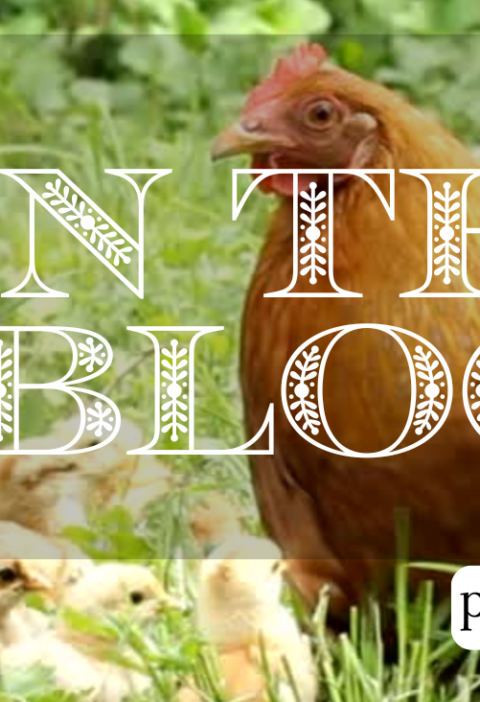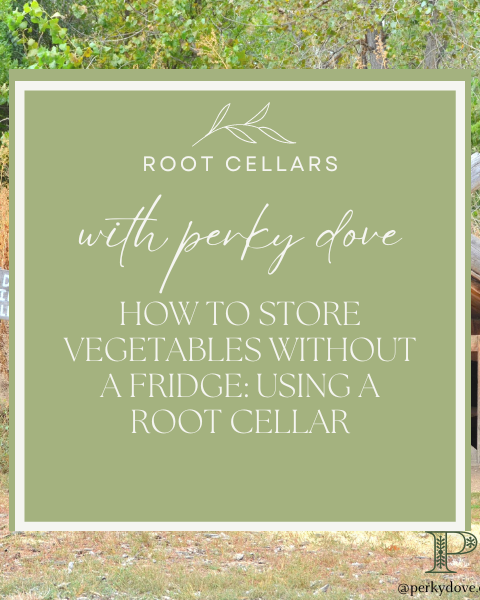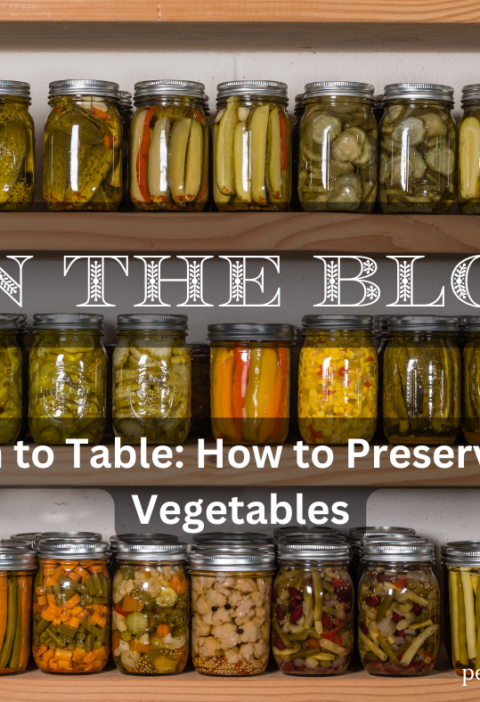We use affiliate links. If you purchase something using one of these links, we may receive compensation or commission.
1. Start with the Basics: Health First
No matter what kind of pet you have, good health is the foundation for good behavior.
-
Stay on top of vaccinations, parasite prevention, and regular vet checkups.
-
Feed a nutritious diet suited to your animal’s age, size, and activity level.
-
Provide fresh water daily (and check it more often in extreme heat or cold).
📝 Tip: On the homestead, animals can get into more mischief — like eating strange plants or drinking from puddles — so staying proactive with their health is especially important.
2. Training = Freedom
Basic training isn’t just for city dogs!
-
Teach dogs reliable recall (“Come!”) so they can enjoy freedom safely.
-
Train cats to respond to their name (yes, it’s possible — especially with treats!).
-
Handle and gently train farm animals too — goats, pigs, and even chickens become easier to manage when they’re used to human interaction.
🏡 On a farm, trained animals have more freedom — and so do you.
3. Routine is Your Best Friend
Homestead life can be unpredictable, but animals thrive on routine.
-
Feed at the same times each day.
-
Schedule walks, outdoor time, or training sessions consistently.
-
Include pets in daily chores when you can — herding dogs and barn cats love feeling like part of the “team.”
🐓 Animals that know what to expect are calmer, happier, and easier to manage.
for Puppy Bowl, Portable Dog Bowl for Small to Medium Sized Dogs and Cats, Travel Dog Bowl is Ideal for Traveling and Hiking BPA Free
4. Create Safe Spaces
Whether it’s a cozy corner in the barn or a fenced-in yard near the farmhouse, pets need their own space where they can rest and feel safe.
-
Set up shaded areas, shelters, or beds tucked away from heavy traffic zones.
-
For cats, offer high perches or hidden spots.
-
For dogs, a comfy outdoor kennel or an indoor crate can be a retreat they appreciate.
🌾 Even the hardest working farm dog deserves a cozy place to rest after a long day.
5. Socialization Matters (Even on a Quiet Homestead)
It’s easy to think that farm pets don’t need socialization — but they do!
-
Introduce them gradually to new people, farm animals, visitors, and even different equipment sounds.
-
Positive early experiences build confident, friendly animals that aren’t fearful when life gets busy.
🐾 A well-socialized pet is a joy to have around — whether you’re welcoming guests or just moving the tractor.
Final Thoughts
Pets and animals are at the heart of homestead life.
With a little extra care, training, and love, they don’t just survive — they thrive. 🐕🐈🐓
Whether you’re raising a farmyard full of critters or just sharing your slice of country life with a beloved dog or cat, these simple habits will help you build a happy, healthy, and harmonious homestead.
👉 Stay tuned — next up, I’ll be diving into Natural Pet Health: Home Remedies and Wellness Tips for Farm Pets! 🌿
P.S. Want to dive deeper into homesteading life and happy living with animals?
👉 Learn more about me and my homestead journey here
👉 Explore more tips and stories in our Homesteading Life archives
👉 See all our Pet Care and Wellness posts







